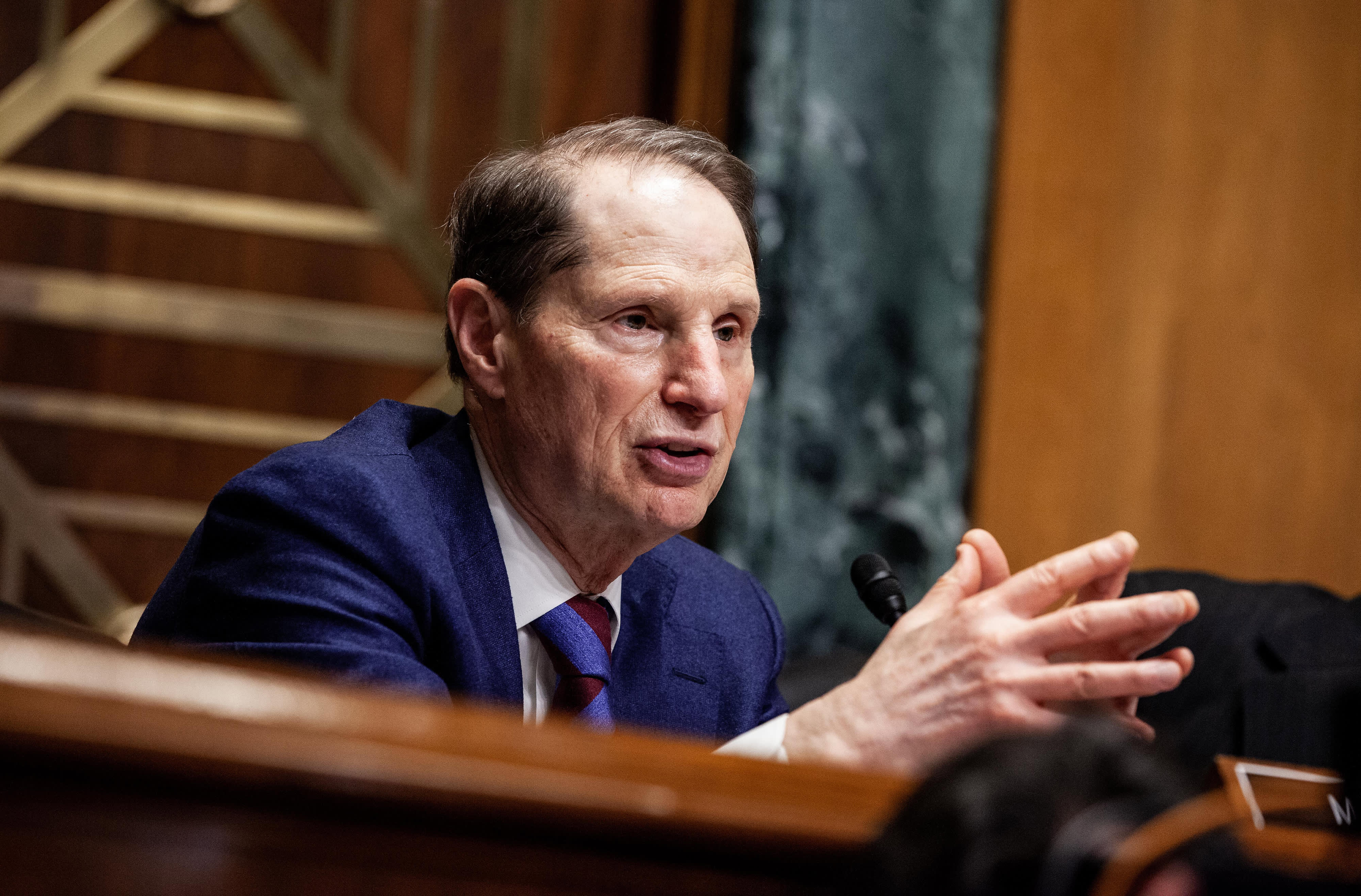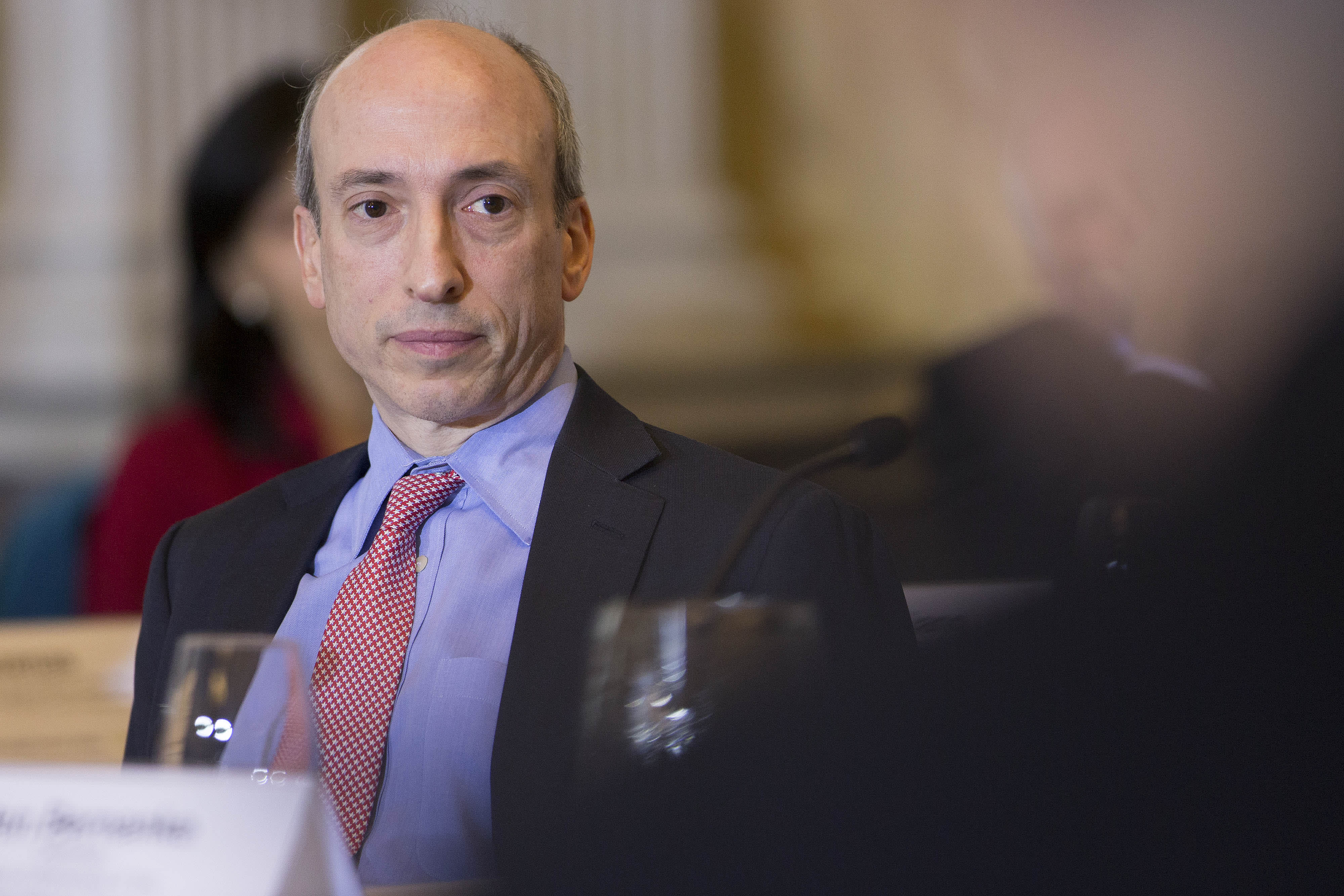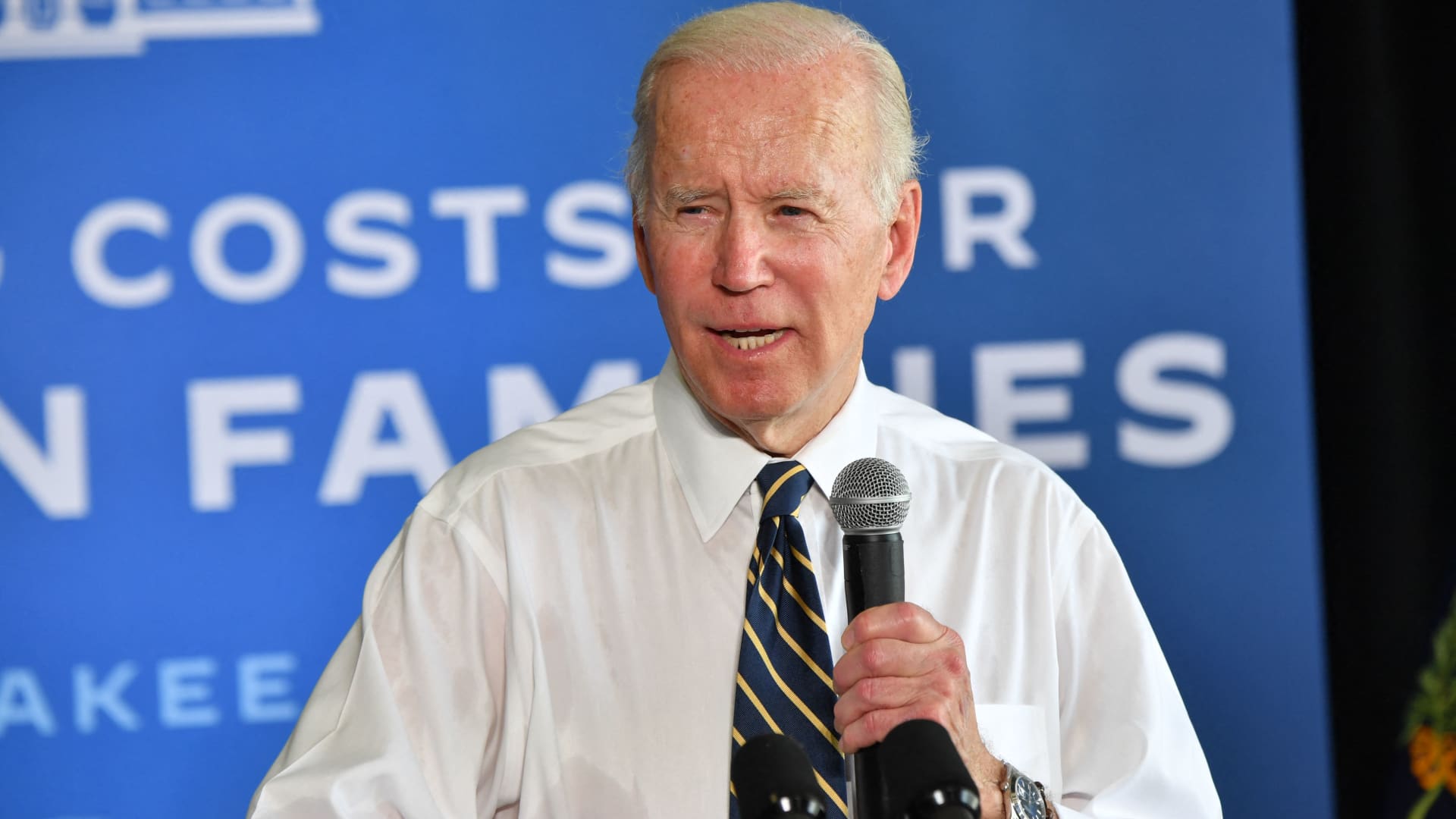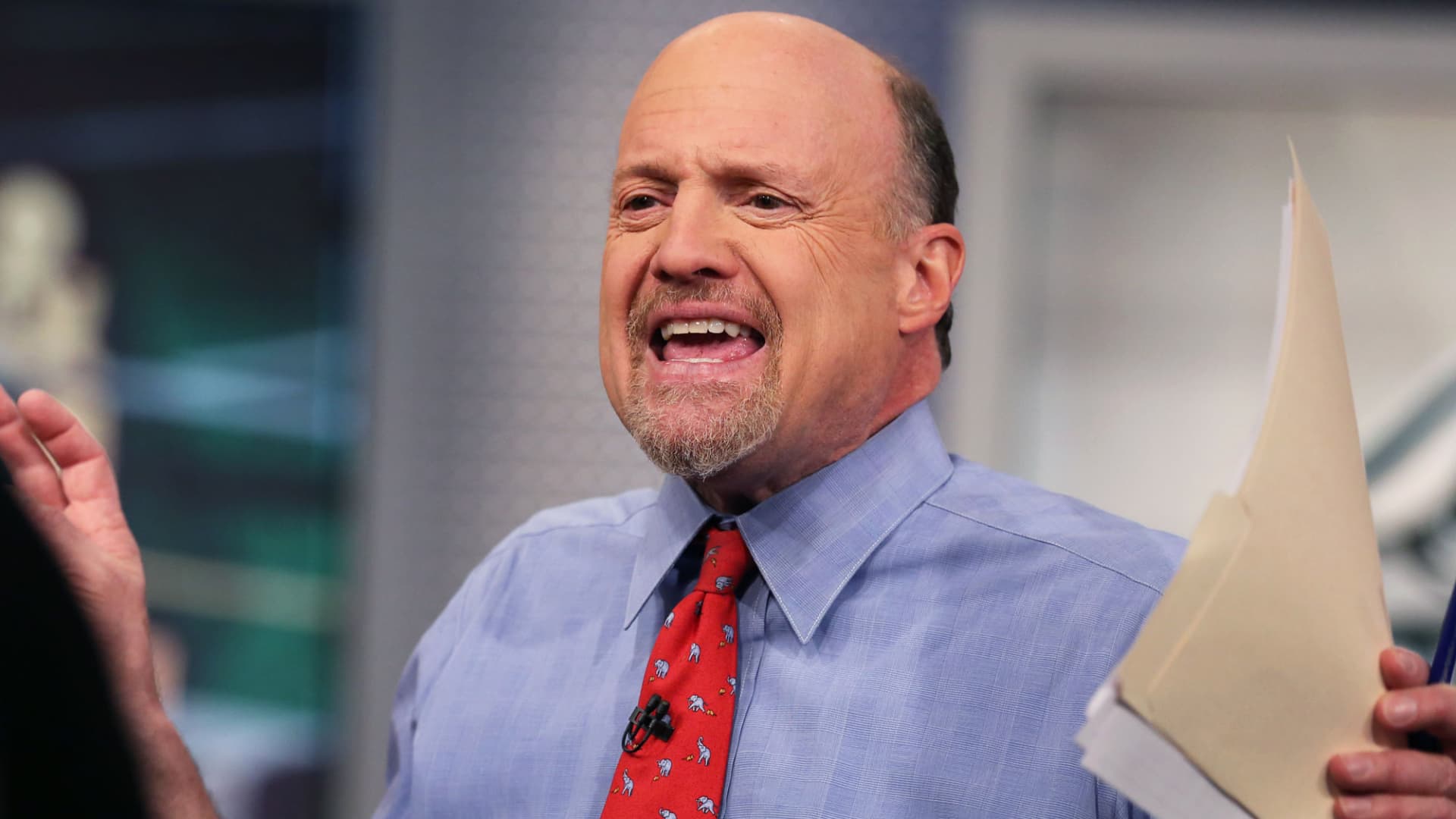The Senate Finance Committee is gearing up to take on billionaires and dark money groups, Wyden says
Now under Democratic control, the powerful Senate Finance Committee aims to take on billionaires, dark money groups and several special interests.

Senator Ron Wyden, a Democrat from Oregon and ranking member of the Senate Finance Committee, speaks during a hearing with Robert Lighthizer, U.S. trade representative, not pictured, in Washington, D.C., U.S., on Tuesday, March 12, 2019.
Anna Moneymaker | Bloomberg | Getty Images
Democrats running the powerful Senate Finance Committee are preparing to take on the uber-wealthy, dark money groups and special interest organizations now that their party has taken control of Congress.
The chairman of the committee, Sen. Ron Wyden, D-Ore., detailed his priorities to CNBC on Thursday, the day after he officially took over leadership of the panel.
He said tax reform is one of the priorities for the committee, which includes Sen. Elizabeth Warren, D-Mass., a Wall Street critic and advocate for increasing taxes on the wealthy. Of particular interest, Wyden said, is how billionaires made so much money during the pandemic, when much of the economy, including millions of working families, struggled.
Wyden also said that the committee will key in on the costs of health care, which will involve facing pharmaceutical companies.
Regarding Big Tech, Wyden continues to be an advocate for the 1996 Communications Decency Act's Section 230, which he co-authored. The provision protects technology companies from being held liable for what users post on their platforms. Republican leaders, including former President Donald Trump, and several Democrats oppose Section 230.
When asked whether he would call on executives of major pharmaceutical and tech companies, Wyden said: "We are going to go wherever we have to to get the facts."
Dark money
The panel will take a close look at the tax-exempt nonprofit organizations that organized the Jan. 6 pro-Trump rally that led to the deadly insurrection on Capitol Hill, Wyden said.
Just prior to becoming finance chairman, Wyden sent a letter to IRS Commissioner Charles Rettig and called on him to investigate what role, if any, these groups played in the riot. Indeed, pro-Trump dark money organizations helped plan the rally that featured then-President Trump encouraging supporters to march on the Capitol.
These types of groups are known as dark money organizations because they do not publicly disclose their donors. Warren and Sen. Sheldon Whitehouse, D-R.I., who is also on the Finance Committee, recently sent a letter to new Treasury Secretary Janet Yellen focusing on dark money groups across the political spectrum.
Wyden said the IRS has informed him that it is reviewing his request.
"The reason I'm so interested in whether tax-exempt organizations were involved with planning or inciting the insurrection is that the law could not be more straightforward and understandable. Tax-exempt organizations cannot be involved in an illegal activity and can't be involved with inciting an insurrection," Wyden told CNBC. "We are going to make sure the IRS moves on this promptly."
When asked whether he plans to call on Rettig to testify in front of the committee, Wyden didn't rule it out. "We're going to be looking at a host of issues that we are going to want the IRS on the record on," he said.
Tax reform targets uber-wealthy
In 2019, Wyden proposed taxing income from capital gains at the same rates as wage income, as well as requiring taxes to be paid on gains made from stock trades. After joining the finance committee, Warren said she plans to introduce her proposed wealth tax on fortunes worth over $50 million.
Warren's plan proposes "a two cent tax on every dollar of individual wealth over $50 million, with an additional surtax on every dollar of wealth over $1 billion," according to the Wednesday press release announcing the news.
At first, the committee will focus on the messaging needed to facilitate tax reform — including an emphasis on how the rich got richer during the Covid-19 crisis.
"You've got to be able to lay that foundation," Wyden said.
"You've got to be able to describe how people who are very, very wealthy billionaires ... how is it that they can make these huge sums" during the pandemic, he added.

 AbJimroe
AbJimroe 































